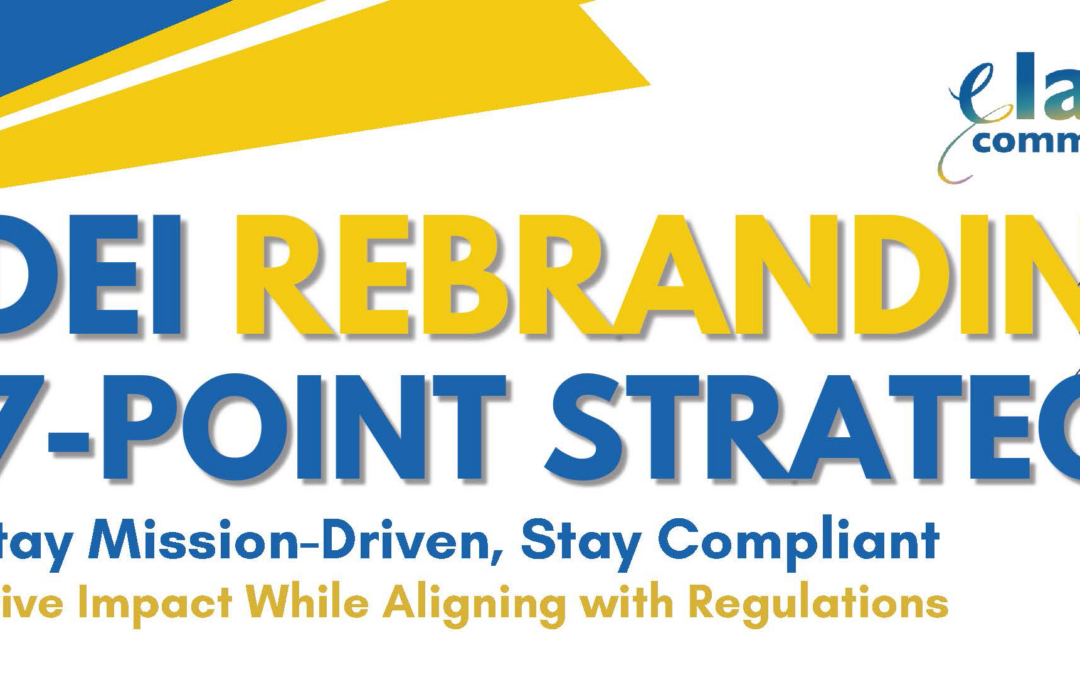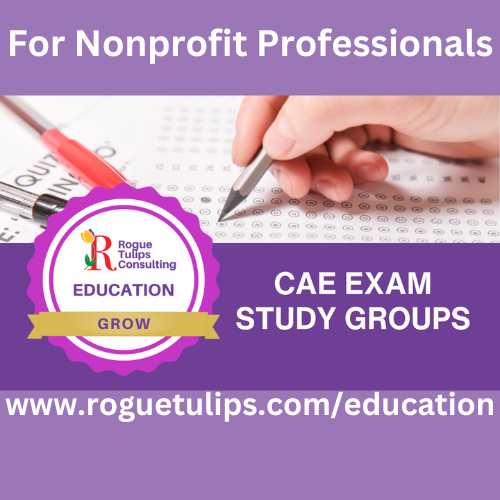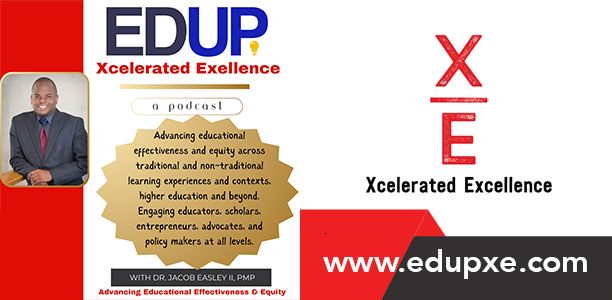A well-crafted strategic plan serves as a road map that guides your event from conception to execution and beyond. Developing a strategic plan begins with setting clear, measurable goals and objectives for your event. Whether you aim to increase attendance, raise funds, foster networking, or educate attendees, having defined goals ensures everyone involved understands the purpose of the event. This clarity allows for focused planning and helps align efforts across teams, ultimately enhancing the event’s effectiveness.
Events often come with tight budgets and limited resources. A strategic plan allows you to identify what resources you have at your disposal—financial, human, and material—and allocate them effectively. By outlining priorities and strategies, you can avoid wasteful spending and ensure every dollar and hour invested contributes to achieving your event’s goals.
A comprehensive strategic plan serves as a central communication tool for everyone involved in the event. It allows team members, volunteers, and stakeholders to stay informed and engaged. By having a shared understanding of the objectives, timelines, and responsibilities, you facilitate collaboration, reducing the risk of miscommunication and ensuring all parties are working toward the same end.
Every event is bound to encounter challenges, whether logistical hiccups, last-minute cancellations, or unforeseen circumstances. A strategic plan encourages proactive thinking, enabling you to identify risks and develop contingency plans. By anticipating challenges, you can navigate obstacles more smoothly, reducing stress and ensuring a more successful event execution.
A strategic plan also provides a framework for your marketing and promotion efforts. By understanding your target audience and key messaging, you can create a marketing strategy that effectively reaches potential attendees. This targeted approach increases the likelihood of higher attendance and engagement, maximizing the impact of your event.
At the heart of any successful event is the attendee experience. A strategic plan allows you to focus on creating a memorable and valuable experience for your participants. By outlining the schedule, engagement activities, and networking opportunities, you ensure every aspect of the event aligns with the attendees’ interests and needs. A well-planned event fosters positive interactions and lasting connections.
After the event, it’s essential to assess its success and identify areas for improvement. A strategic plan includes metrics for measuring outcomes, such as attendance numbers, participant feedback, and overall satisfaction. By analyzing these metrics, you gain insights into what worked well and what could be enhanced for future events. This process of continuous improvement is vital to building a reputation for excellence and ensuring the long-term success of your conferences and events.
Implementing a strategic plan for your conference or event is not just beneficial; it’s essential to navigating the complexities of event management. From defining clear goals and improving resource allocation to enhancing communication and elevating the attendee experience, a strategic plan serves as the backbone of successful event execution.
As you embark on your next event planning journey, develop a comprehensive strategic plan. Doing so will not only streamline your efforts but also pave the way for a successful, impactful event that resonates with your audience and achieves your objectives. In the world of conferences and events, a strategic approach makes all the difference.









